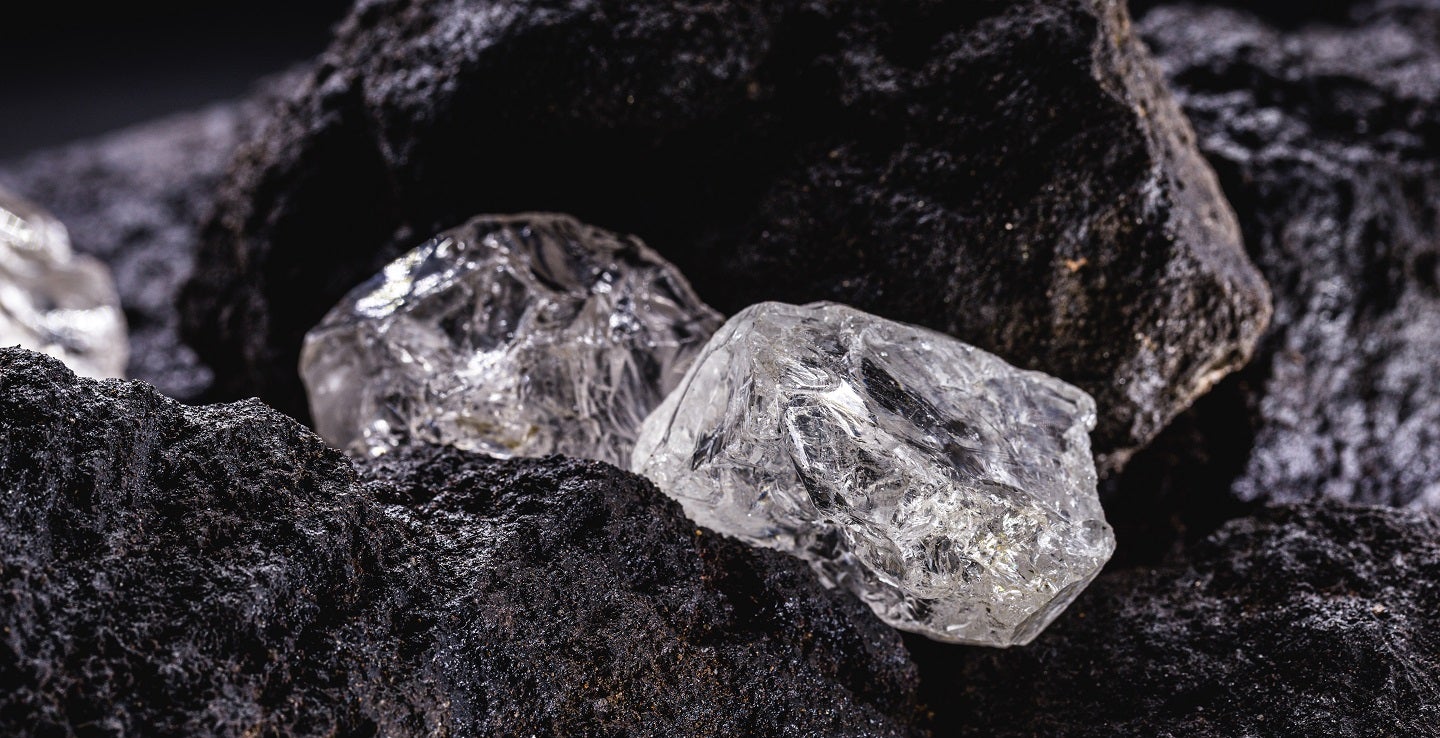
The lower house of the Indian Parliament (Lok Sabha) has passed the Mines and Mineral (Development and Regulation) Amendment Bill, allowing private players to mine critical minerals.
With this bill in place, private companies can now mine lithium, a crucial element of electric vehicle batteries, which was previously limited to state-owned companies.
This move aims to offer the private sector access to the recently discovered lithium reserves in the country. The bill has also removed five other minerals from the restricted category, in addition to lithium.
Under the current mining act, 12 minerals have been reserved for mining and exploration by state-owned companies.
With this amendment, six of the elements, namely lithium, beryllium, niobium, titanium, tantalum and zirconium, can now be mined by private players.
The Economic Times quoted the bill, which read: “The mineral sector requires certain more reforms, particularly for increasing exploration and mining of critical minerals that are essential for economic development and national security in the country.”
This amendment proposes to include the introduction of an exploration licence for deep-seated and critical minerals within the mining law. The licence will be awarded through auction to undertake reconnaissance and prospecting operations.
With licences, junior mining companies can explore based on available baseline survey data and help in developing a prospective mine from the reconnaissance stage and bring it to the level of beginning mining operations.
Earlier this month, the Union Cabinet approved the amendment, with the minerals said to be integral to the country’s shift to green energy.







